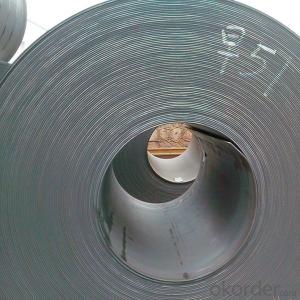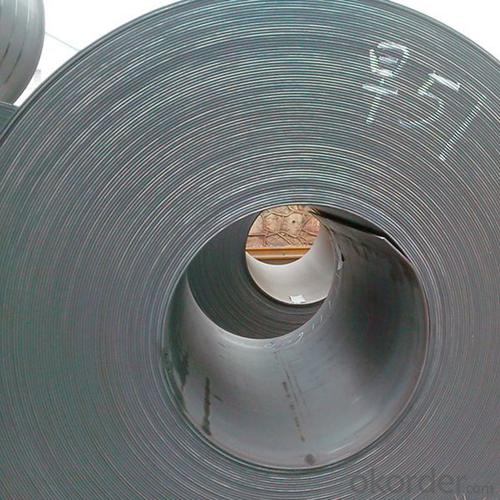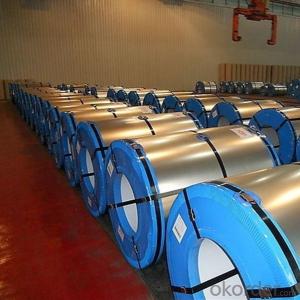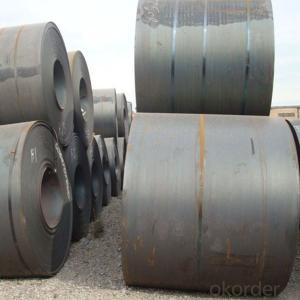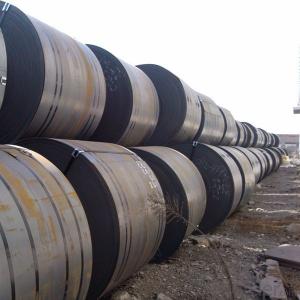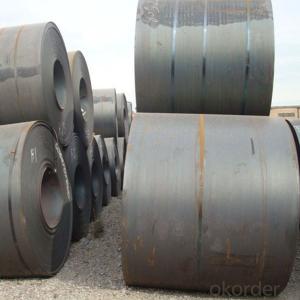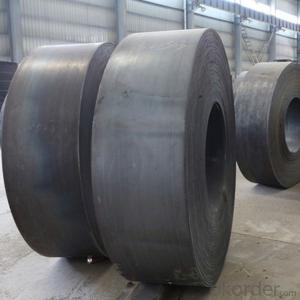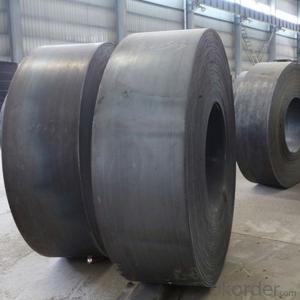Hot Rolled Sheets Made in China,Hot Rolled SS400 Good Quality,Cheap Price
- Loading Port:
- China main port
- Payment Terms:
- TT OR LC
- Min Order Qty:
- 60 m.t.
- Supply Capability:
- 10000000 m.t./month
OKorder Service Pledge
OKorder Financial Service
You Might Also Like
Specification
DESCRIPTION FOR SS400 CARBON STEEL SHEET
1.Thickness: 1-200mm
2.Width: 100-3000mm
3.Length: 1000-12000mm
4. Applications :mining machinery, environmental protection, engineering
5. Grade:SS400 A 36 Q195.Q235.Q345.SPCC.SPCH
6.Surface : Hot Rolled Cold Rolled Galvanized Steel
TRADE TERMS :FOB, CFR, CIF
PACKING:
1.Big thickness:by bulk vessel
2.Small thickness:packed by steel strips and shipped by container
3.According to the requirements of customers'
PICTURES:
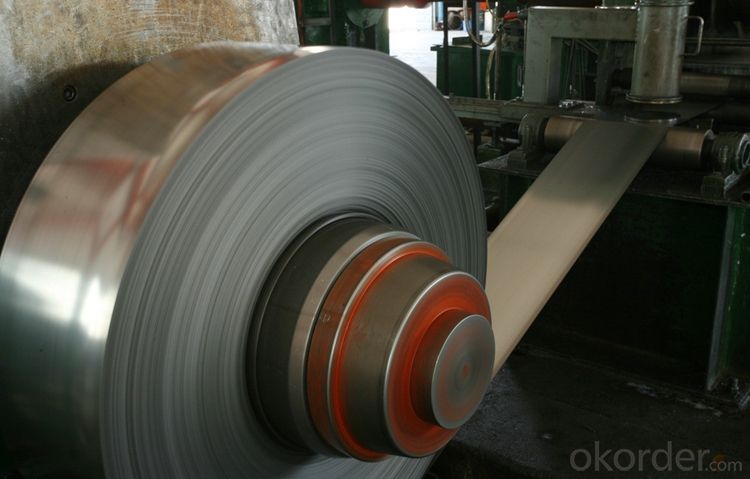
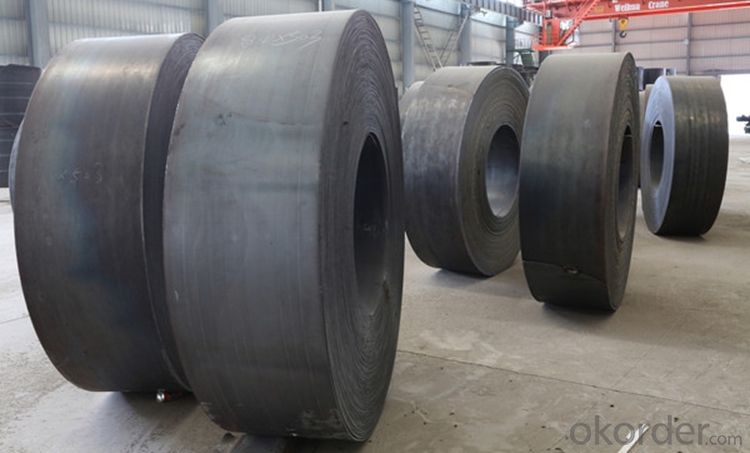
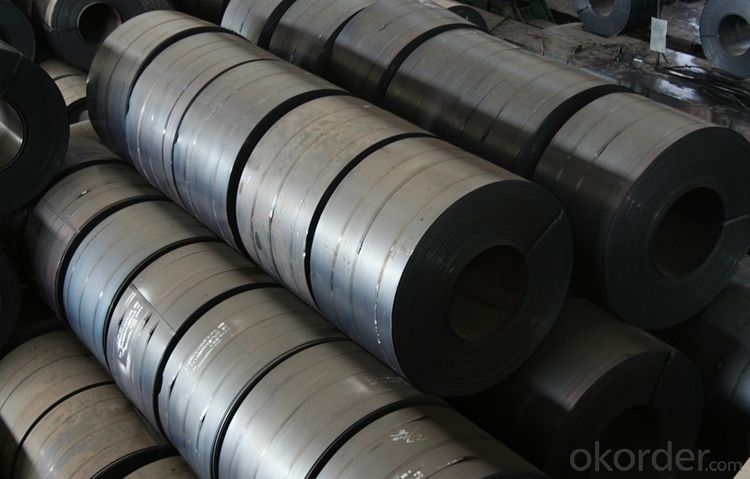
EXPORT MARKET FOR STEEL COILS/SHEETS
Our target market is the international market. Every year we export most of products to countries like India, Pakistan, South Korea, Brazil, Australia, South Africa, Spain, Sri Lanka, Taiwan, Hong Kong, etc.
OUR SERVICE
1.High quanlity and reasonable price.
2.Customized on-demand.
3.Reasonable shipping and fast delivery.
4.Free sample.
FAQ
Q:How to order?
A: Please send us your purchase order by email or fax .or you can ask us to send you a proforma invoice for your order .We need to know the following information for your order.
1) Shipping information-company name, street address, phone number, fax number, destination sea port
2) Product information – Quantity, Specification (steel type, thickness, width, surface finish)
3) Delivery time required
4) Forwarder's contact details if there's any in China
- Q: Ok I have a neodymium magnet, stuck to my fridge holding a old bottle cap opener for my beer it works fine. At the local rummage sale there was a beautiful cap opener my freind was selling for $0.25 she said had never beenUsed it was like 40 years old it is made a stainless steel. The magnet will not stick to it. I don't understand this looked this up and certain steels are not magnetic, I tried a experiment with my compass it don't point north as should it follows the bottle opener as I move it around it. If not magnetic why is this happening? Also tried placing near another neodymium magnet with a pull of about 200 lbs. Not I tiny bit of attraction to the metal. If so why is the tiny magnet in the compass attracted to it. But not a huge powerfull magnet.
- That's interesting that it caused deflection in the compass. A lot of stainless steels may be SLIGHTLY magnetic, because they have small amounts of ferrite or alpha-iron in them. Ferrite is one of the crystal phases of steel. It has a body-centered cubic (BCC) structure and it's responsible for the magnetism of ordinary steels. Adding certain elements like nickel, manganese, or molybdenum, changes the crystal structure of the steel to a face-centered cubic (FCC) structure, which is NOT magnetic. This crystal phase is known as Austenite or gamma-iron. However most iron alloys contain some impurities that may cause the steel to be not completely transformed into the FCC austenite phase, small areas remain as ferrite.
- Q: What are the factors affecting the lifespan of steel coils?
- There are several factors that can affect the lifespan of steel coils, including the quality of the steel used, the level of protection against corrosion, the storage and handling conditions, the frequency and severity of mechanical stress, and the effectiveness of maintenance and preservation practices.
- Q: A friends of mine says he has balls of steel and i told him i would melt em off with lava. He said it wouldnt work. i disagree
- united is right! its hard to tell the temp... Because lava is not just obsidian, or pillow lava... its several different types of elements. It just depend on ground chemistry.
- Q: For some reason, if you rub iron oxide or lodestone (both very crumbly, dark, mineral-like materials) into soft, unhardened steel, their particles actually get stuck into the surface of the steel (that is, darkening it). My question is, how does this work? How come iron oxide and lodestone can get stuck, and how come other materials (like silicone carbide, for example) do not?My second question is, are there any materials that can get stuck into steel, that is also blue in color, and how would I best obtain it?
- If you look at the surface of untreated steel even with a low power microscope you will see a surface that is far from smooth, there are pits and occlusions dotting the surface. Steel is not polished when you see it this way so the only treatment to the surface was the extrusion process or forming done on it by the presses. Iron oxide has a very small particle size and when pulverized into a powder it can easily fill the pits and voids in the steel surface coloring it.
- Q: How are steel coils used in the production of metal panels?
- Metal panels require steel coils as an essential component in their production. These coils, typically made from high-quality steel, act as the raw material for manufacturing different types of metal panels. To initiate the production process, specialized machinery is used to unroll and flatten the steel coils. This process guarantees a consistent and uniform thickness throughout the sheet. Following this, the flattened steel is cut into the desired length and width, depending on the specific requirements of the metal panel being produced. After the steel has been cut, it undergoes further processing, including cleaning and coating. This step aims to eliminate any impurities and safeguard the steel against corrosion or damage. The coating also enhances the appearance of the metal panel and provides additional durability and longevity. Once the cleaning and coating process is complete, the steel sheets are shaped into the desired form using various techniques such as roll forming or stamping. This enables the creation of diverse metal panels, including roofing panels, wall panels, and decorative panels, among others. The selection of steel coils for metal panel production is based on their strength, durability, and versatility. Steel is renowned for its exceptional structural properties, making it the ideal material for constructing sturdy and long-lasting metal panels. Moreover, steel exhibits high resistance against environmental factors like extreme weather conditions, further enhancing the durability of the metal panels. In conclusion, steel coils play a critical role in the production of metal panels by serving as the raw material and undergoing various processes to ensure quality and durability. The utilization of steel coils enables the production of a wide range of metal panels suitable for various industries and applications.
- Q: How are steel coils used in the production of industrial equipment?
- Steel coils are a vital component in the production of industrial equipment. These coils are large, flat rolled sheets of steel that are typically used as raw material in various manufacturing processes. Firstly, steel coils are used for fabrication purposes, where they are cut, shaped, and welded together to create the framework or structure of industrial equipment. This includes machinery, heavy-duty vehicles, storage tanks, and other industrial components. The coils provide the necessary strength and durability to withstand the demanding conditions faced by industrial equipment. Additionally, steel coils are often formed into specific shapes to produce parts and components for industrial machinery. These parts can include gears, shafts, bearings, brackets, and many others. The versatility of steel allows it to be easily manipulated and fabricated into different shapes and sizes, making it an ideal material for such applications. Moreover, steel coils are also used in the construction of industrial equipment, particularly in the manufacturing of boilers, heat exchangers, and pressure vessels. These coils are typically formed into tubes or pipes, which are then welded or brazed together to create the necessary structure for these equipment. The high strength and heat resistance properties of steel make it the preferred material for such applications, ensuring the safe and efficient operation of industrial processes. In summary, steel coils play a crucial role in the production of industrial equipment. They are used as raw material for fabrication, forming parts and components, and constructing crucial equipment such as boilers and pressure vessels. The durability, strength, and versatility of steel make it an indispensable material in the manufacturing industry.
- Q: I saw this really pretty ring online and it was made of steel. Is this a good ring? If I were to wash my hands with it on, would it rust and turn my finger green?
- Steel rust is brown not green! Very much expected to be of one type of stainless steel, and you should have no problem.
- Q: What are the common methods of painting or coating steel coils?
- The common methods of painting or coating steel coils include coil coating, spray painting, electrostatic painting, and powder coating.
- Q: What are the different types of steel coil surface finishes?
- The different types of steel coil surface finishes include mill finish, hot rolled pickled and oiled (HRPO), cold rolled, galvanized, and coated finishes such as zinc or paint.
- Q: Can steel coils be stretched?
- No, steel coils cannot be stretched as steel is a rigid material and does not have the ability to be stretched like other elastic materials.
Send your message to us
Hot Rolled Sheets Made in China,Hot Rolled SS400 Good Quality,Cheap Price
- Loading Port:
- China main port
- Payment Terms:
- TT OR LC
- Min Order Qty:
- 60 m.t.
- Supply Capability:
- 10000000 m.t./month
OKorder Service Pledge
OKorder Financial Service
Similar products
Hot products
Hot Searches
Related keywords
